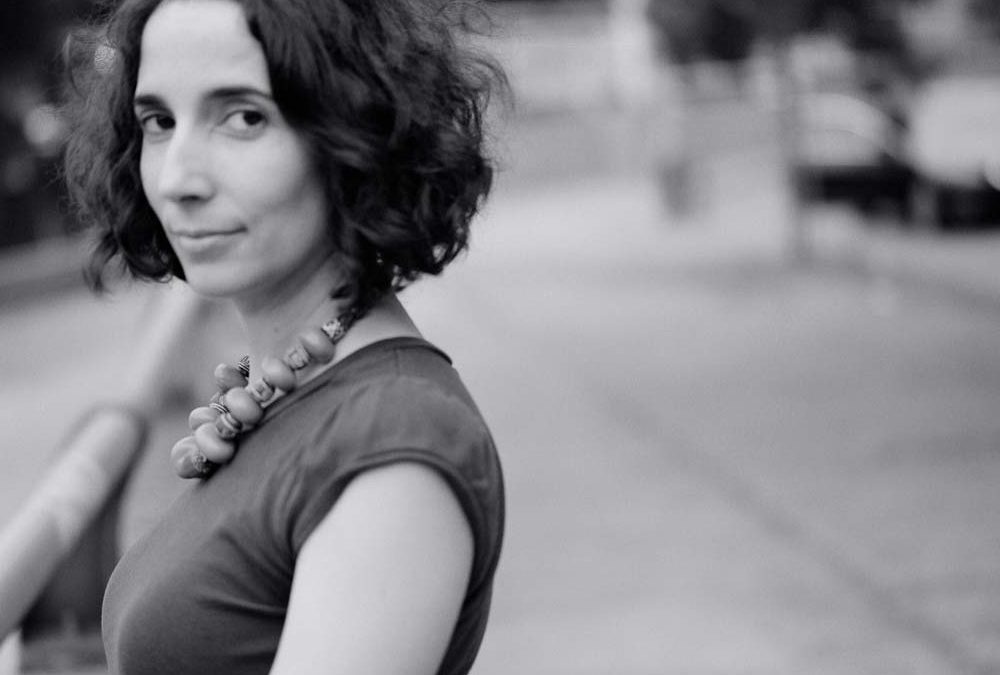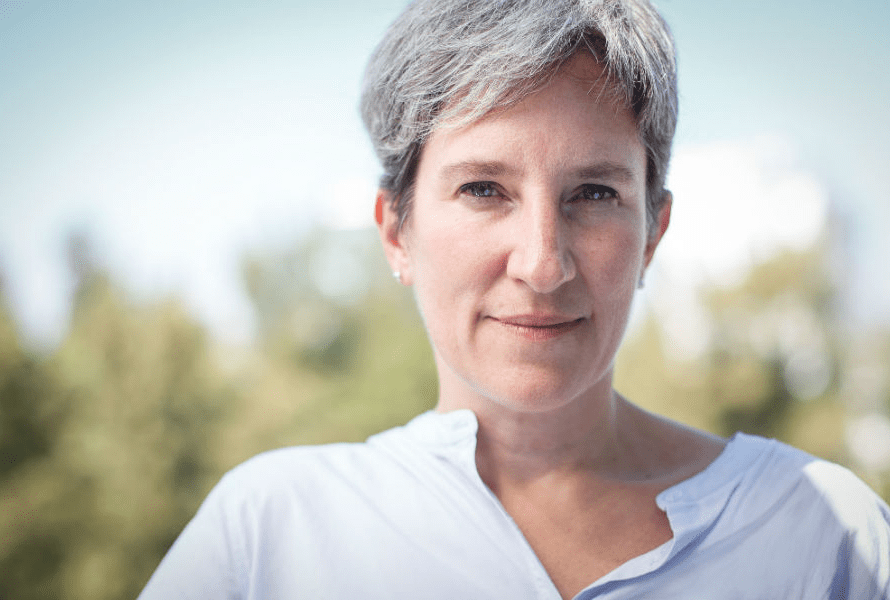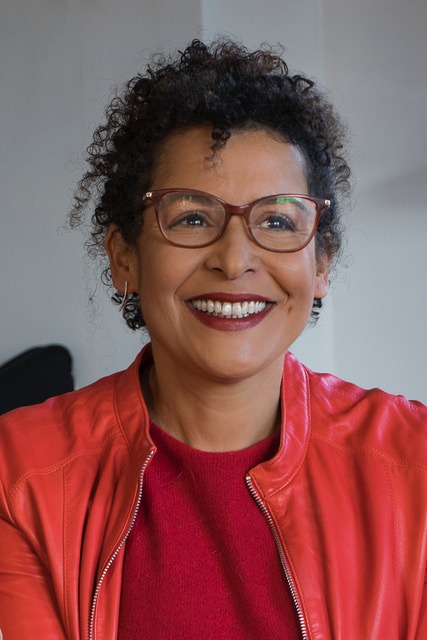Emily Raboteau conducted the Literary Non-Fiction workshop in January of 2020. Learn more in this exclusive interview with Under the Volcano.

What books are you currently reading?
Lately I’m reading books about the climate crisis to educate myself about what feels most urgent. I’m unable to finish all of them. On my nightstand are Living in Denial by Kari Marie Norgaard, The Great Derangement by Amitav Ghosh, Underland by Robert McFarlane, and Trace by Lauret Savoy, which interests me especially because of its intersection with race. I’ve just been assigned to pair Elizabeth Rush’s Rising and Gilbert M. Gaul’s forthcoming The Geography of Risk for a lengthy book review. The poet Erika Meitner, who’s working on an interesting new climate project about Miami, just recommended that I read poet/chaplain Martha Serpas’s work on the sinking of her native Southern Louisiana. None of this is light material, so for fun, I’m reading Taffy Brodesser Akner’s new novel, Fleishman is in Trouble. I love her voice.
What books do you return to over time? Why?
Middlemarch. I keep entering it and not getting far, either because I’m intimidated, or because it’s hard to find the time for the immersion it requires. That book is long as hell and the print is too small. In any case, the failure is mine. Yet everyone tells me I need to read it and I believe them. At Yaddo this spring, the translator Joyce Zonana told me that she’s read and taught it several times, and there is a point she comes to each time that makes her cry, although by now she knows it’s coming. That intrigues me. One reason I’m compelled to learn from Middlemarch is that I’m trying to finish a novel that similarly uses free indirect style narration, which we don’t really use any longer. Christopher Castellani’s illuminating The Art of Narration has made me think a lot about the importance of narrative voice.
Which three writers, dead or alive, would you like to have coffee or drinks with? Why?
Happily, I get to have coffee almost every morning with one of my favorite writers, Angie Cruz, who lives around the corner from me in Washington Heights, where she was born and raised, and which is the setting of all her novels. She’s a generous literary citizen and culture maker as well as a gracious hostess and brilliant friend. I also get to have dinner and drinks every night with one of my other favorite writers, Victor LaValle, because I married him. We regularly talk about matters of plot before bed, helping each other untangle narrative snarls. As for a dead writer, it would be Cervantes, whose experimentation is unparalleled. I think he’d be fun, if depressed.
Do you have a secondary passion or talent apart from writing that might surprise people to know about?
I’m not sure how surprising it is since I’ve been incorporating photos into my recent writing, but I’m also an amateur photographer. I like being amateur at something. I used to use my camera to take notes until I figured out that the pictures themselves contributed crucial information, visual interest, and layered meaning to the work. I also count myself among what could be described as a cohort of W.G. Sebald’s children. Writers who are amazed and inspired by his incorporation of images.
If you could offer three tips to writers what would they be?
1.) Don’t compare your career to anyone else’s.
2.) Regarding narration: understand who is telling the story and why.
3.) Write the thing that feels most urgent and keep writing it, even when your inner editor tells you it stinks.
What was your moment of greatest despair as a writer and how did you get out of it?
My computer crashed when my second kid was an infant and I lost the novel I’d been writing for ten years. I got out of it by hiring a work coach who specializes in helping women in academia to finish their books. She counseled me on how to begin again, how to structure my time such that I put writing first thing in the morning, how to say no to distractions and prioritize, and how to set a timeline. I won’t say I’m completely out the despair. That will come when I’m done with the damn book. It’s called Endurance. The main character is a building super, and every time I think my job as a writer is hard, I write another scene about him performing physical labor.



